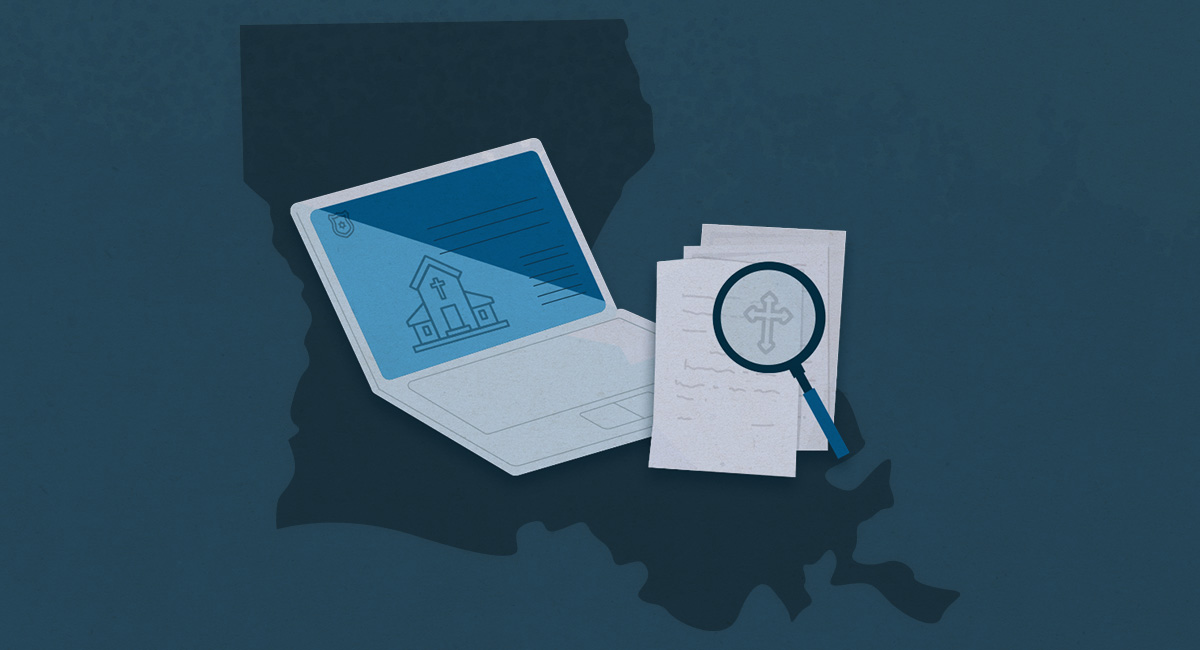Time Of Discovery May Help Survivors
Discovery rules can give survivors more legal options. Recently, a survivor in Mississippi was able to win an appeal thanks to a discovery rule.

Survivors of childhood sexual abuse seeking legal action against their abuser may be limited by the applicable statute of limitations (SOL). A statute of limitations sets a deadline for legal action after an injury or crime.
It can take survivors many years to work through their trauma and reach a place in which they are able to pursue legal action. Additionally, due to the long-term effects of child sex abuse, many survivors do not become aware of injury caused by their abuse until years later. In some cases, survivors even repress their memories of abuse for many years.
Because of this longer recovery period, many survivors miss their window to file a lawsuit or seek legal action. To help these survivors, many states have exceptions to their statutes. One common exception is known as the discovery rule.
The discovery rule is an exception to statutes of limitations. A survivor has a set number of years after remembering past abuse or discovering an abuse-related injury to file a civil lawsuit. Discovery rules vary from state to state.
A victim of child sex abuse who discovers their abuse-related injury as an adult may have a second chance at their day in court. The discovery rule can effectively “revive” their case. Whether it applies, however, is up to the interpretation of the courts.
A recent case in Mississippi leaned in favor of a priest abuse survivor.
Mississippi Survivor Accused Deceased Priest
In 2019, survivor Robert McGowen filed a priest abuse lawsuit against the Diocese of Biloxi. McGowen accused the late Catholic priest John Scanlon of child sexual abuse. The alleged abuse occurred at Sacred Heart Church in 1984 and 1985. McGowen was 12 and 13 years old at the time of the abuse.
The lawsuit named Sacred Heart Catholic Church and the diocese as defendants. McGowan’s lawsuit also asked the Diocese of Biloxi to release a list of credibly accused priests.
In Mississippi, a survivor of child sex abuse has until age 24 to file a civil lawsuit. Thus, the Forrest County court initially dismissed McGowen’s lawsuit because the statute of limitations had expired.
McGowan appealed his case to the State Supreme Court. He argued he had not recovered memories of the abuse until 2018. According to McGowan’s legal argument, his case should not have been time-barred in accordance with Mississippi’s statute of limitations.
“In actions for which no other period of limitation is prescribed and which involve latent injury or disease, the cause of action does not accrue until plaintiff has discovered, or by reasonable diligence should have discovered, the injury.”
The Diocese of Biloxi countered that repressed memories are “a piece of scientific folklore.”
The Supreme Court reviewed the case and determined it was a matter for a jury to decide. As such, McGowan’s case should not have been dismissed from the Forest County court.
In June 2021 the Supreme Court reversed the dismissal of McGowan’s case, giving McGowan a second chance at justice.
“Accepting the allegations in the complaint as true, the trial court erred by finding that McGowen failed to state a claim. Based on the allegations, we cannot agree that there is no set of facts upon which McGowan could recover; the decision of the circuit court is reversed and remanded.”
Discovery Rules Give Hope To Survivors
The discovery rule can be crucial for survivors like McGowan in their pursuit of justice. Recognizing the importance of discovery rules, multiple states have created discovery rules specific to child sex abuse.
In some states, legislators have also expanded the state’s statutes of limitations for child sex abuse cases. These expanded deadlines factor in the time it takes many survivors to discover their injury. Additionally, several states, such as Louisiana and Colorado, have eliminated civil legal deadlines for child sex abuse.
Taking legal action against an abuser and responsible organization can be daunting. An experienced clergy abuse attorney can help. By reviewing your case, they can determine if a civil lawsuit would be viable given the state’s laws and legal deadlines.
Sources
- 1
ChildUSA. (N.D.) Mississippi Child Sex Abuse SOLs. Retrieved February 11, 2022.
- 2
Driskell, M. (2021, July 1). The Local Lawyer: Mississippi Supreme Court Accepts Repressed Memory of Childhood Abuse in Priest Abuse Case. The Local Voice.
- 3
Fowler, S. (2019, October 9). Man says memories of sex abuse by MS priest were repressed. Now he remembers and is suing. The Clarion Ledger.
- 4
McGowen v. Roman Catholic Diocese of Biloxi and Sacred Heart Catholic Church, 7 (Miss. 2021)
- 5
RAINN. (2020). Criminal Statutes of Limitations Mississippi. [PDF].
- 6
Warren, A. (2021, June 17). Supreme Court says alleged sex abuse victim can sue Catholic Church, estate of deceased priest. WBLT.



